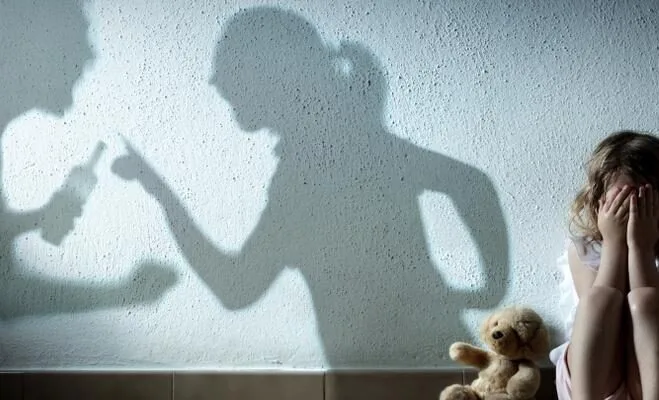Being married to an alcohol or drug addicted individual is difficult, but unfortunately, that difficulty does not end on the day you decide to get a divorce. Regrettably, if you have children with your addicted spouse, the divorce process is going to be much more challenging, which you will learn as you try to protect your children from both the negative effects of divorce as well as from a drug addicted environment.
When to Walk Away
It is difficult to walk away from someone you love, especially if that someone has an illness that is harmful to either him or herself and to others. Yet, walking away is oftentimes the only option available. While many spouses want to stick around to help the individual work through the addiction, there comes a time when the addiction is too much to bear. In order to determine whether or not you have reached this point in your marriage, ask yourself the following questions:
If you answered yes to one or more of the above questions, it may be time to seek the legal help of a Dallas, Texas family law attorney. An attorney can help you determine the best course of action to divorce, and help you gain full custody of your children until your spouse is ready to clean him or herself up.
Proving Addiction
It may be difficult to prove that your spouse has an addiction, but it is going to be necessary if you hope to prevent your spouse from having unsupervised visits with your children. If your spouse is addicted to a controlled substance other than alcohol, you can request a court mandated drug test before, during, and after the divorce proceedings. If any of the tests come up positive, the judge may revoke visitation rights until your spouse has received the proper counseling that they need to get better.
Detecting alcohol abuse is much more difficult, but thanks to modern technology, it can be done. According to Use It and Lose It: Substance Abuse Issues in Divorce, a study done by the State Bar of Texas, the latest technique for monitoring the use of alcohol in the system is the Ethyl Glucuronide (EtG) test. While most alcohol tests only detect alcohol in the system for mere hours after ingestion, the EtG test can detect alcohol for up to five days after consumption. Because the short window of time in which you can test an individual for alcohol is so short, it is recommended that you request a urine test randomly and frequently throughout the divorce proceedings.
A Dallas Divorce Attorney Can Help You Move On
At the Clark Law Group, we want nothing but the best for you and your loved ones. Sometimes that means helping you file for divorce and ensuring a fair and safe custody arrangement for your children. Our family law attorney can help you prove drug or alcohol abuse by your spouse and make sure that they do not receive unsupervised visitation until they can prove that they have cleaned themselves up. If you are tired of living with a drug or alcohol addicted spouse, and if you want to better yours and your children’s lives by getting out of the toxic situation, contact our family law firm at 469-906-2266 or online.


